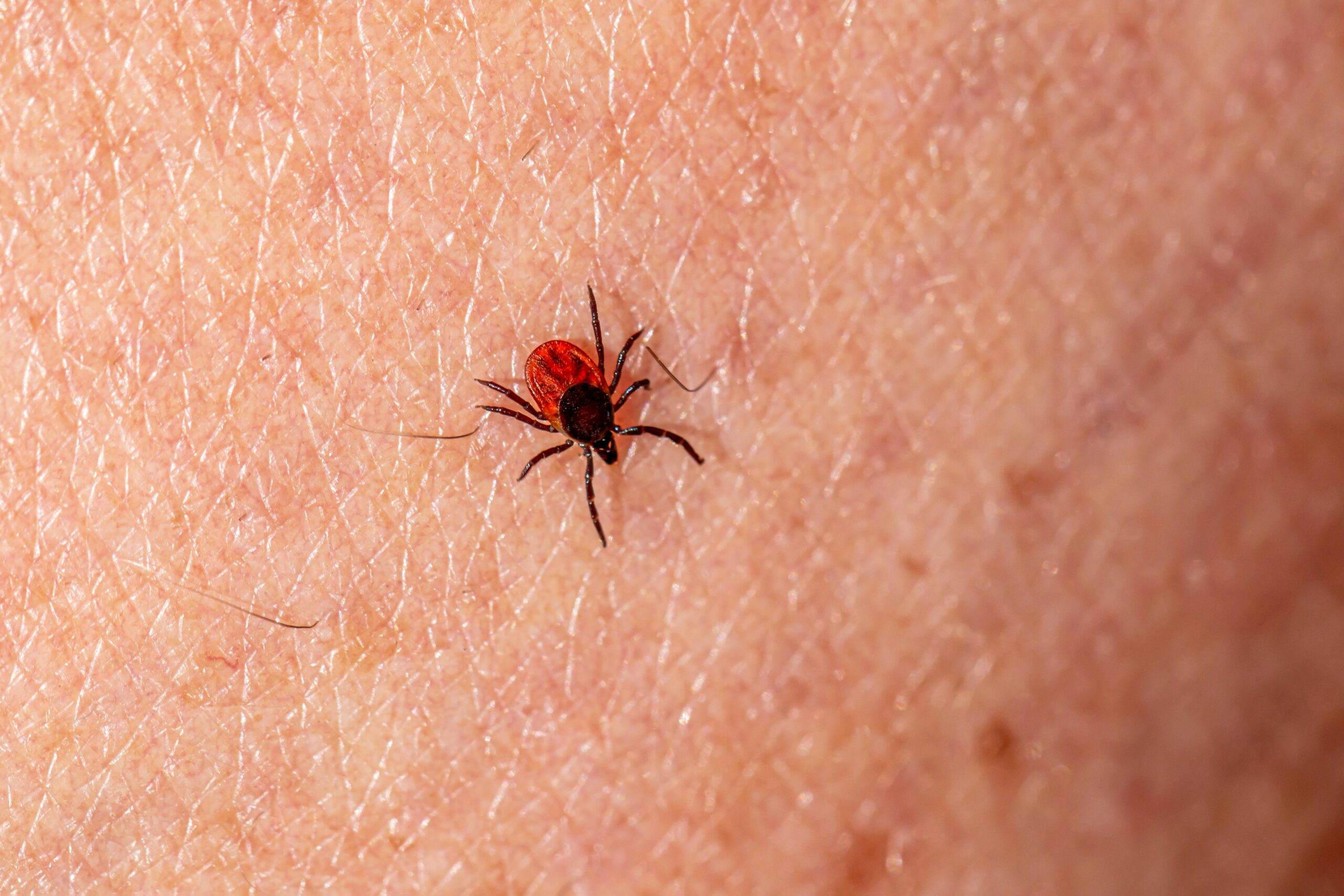Your own refrigerator could be the reason you catch COVID-19 a month from now, a new study warns. Researchers have found that the virus can survive within various meat products people keep in their refrigerators or freezers for more than 30 days.
In their study, researchers examined chicken, beef, pork, and salmon products, storing them in refrigerators at 39.2 degrees Fahrenheit and in freezers at -4 degrees Fahrenheit. They exposed the meat to surrogate viruses — which have similar spike proteins to the SARS-CoV-2 virus but are less harmful to people.
“Although you might not store meat in the fridge for 30 days, you might store it in the freezer for that long,” says study first author Emily Bailey from Campbell University in a media release. “We even found that the viruses could be cultured after [being frozen for] that length of time.”
The team notes they began their investigation after hearing reports of COVID outbreaks in areas of Southeast Asia that had no previous records of community transmission. Bailey says COVID tracing in those communities “suggested that packaged meat products, produced in areas where SARS-CoV-2 was circulating, could have been the source of the virus.”
“Our goal was to investigate whether or not similar viruses could survive in this environment,” Bailey adds.
COVID can move from your freezer to your gut
Study authors say SARS-CoV-2 is capable of replicating within a person’s gut, as well as their respiratory tract. This makes the study of food-based viral transmission even more important during the pandemic. Previous studies have suggested that COVID-19 actually impacts a patient’s gut before respiratory symptoms begin.
Other reports have also linked worsening COVID-19 severity to a patient’s poor gut health.
During the new study, researchers substituted COVID-19 with three different surrogates — one RNA virus with a lipid envelop and two animal coronaviruses (murine hepatitis virus and transmissible gastroenteritis virus).
All three are common substitutes for SARS-CoV-2 in scientific experiments. However, researchers say these viruses see greater reductions in their numbers at low temperatures in both the refrigerator and the freezer. This could mean COVID is even more resilient to the cold. Study authors also note that viral loads surviving in the frozen meat vary depending on the food.
“Continued efforts are needed to prevent contamination of foods and food processing surfaces, worker hands and food processing utensils such as knives,” the investigators write in a statement. Additionally, “the lack of, or inadequate disinfection of these foods prior to packaging needs to be addressed.”
The findings are published in the journal Applied and Environmental Microbiology.












